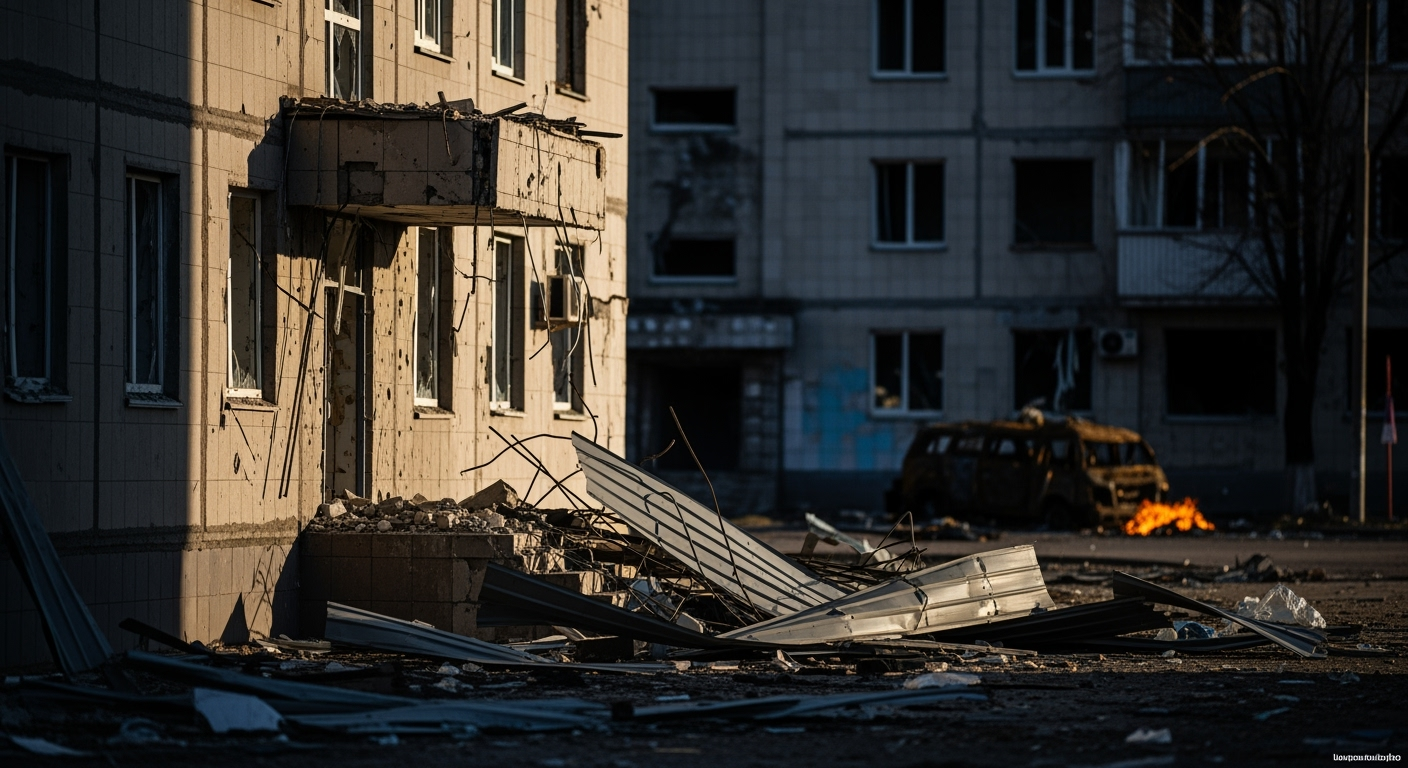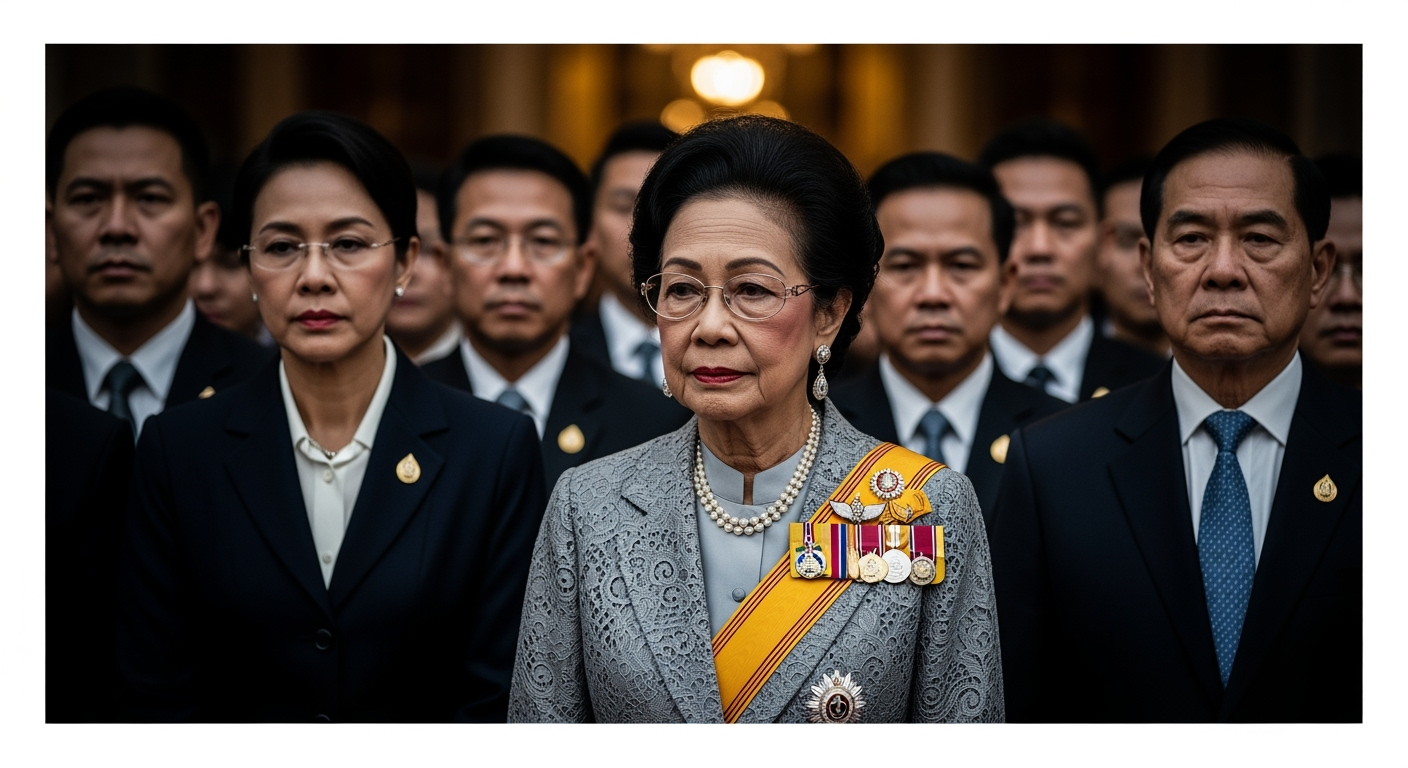Related Articles

Fragile Truce on the Brink: Afghanistan and Pakistan Seek Lasting Peace in High-Stakes Security Talks




BANGKOK – Her Majesty Queen Sirikit, the revered Queen Mother of Thailand and steadfast consort to the late King Bhumibol Adulyadej, passed away peacefully on Friday, October 24, 2025, at the age of 93. The Royal Household Bureau announced her death at Chulalongkorn Hospital in Bangkok, where she had been receiving long-term medical care since 2019. Her Majesty's health had been in decline for several years, suffering an ischemic stroke in 2012 that significantly limited her public appearances, with her condition deteriorating further due to a bloodstream infection that began on October 17. The nation now enters a period of profound mourning for a figure who served as Queen Consort for over six decades and remained a unifying presence as Queen Mother.
A Life Dedicated to the Nation's Service
Born Mom Rajawongse Sirikit Kitiyakara on August 12, 1932, in Bangkok, Queen Sirikit's life was intertwined with the modern history of Thailand. Her name, meaning "Glory of Kitiyakara," was bestowed by Queen Rambhai Barni, consort of King Prajadhipok. The daughter of Prince Nakkhatra Mangala Kitiyakara, a diplomat, and Mom Luang Bua Snidvongs, her early years were marked by both aristocratic privilege and the political shifts of her time. Her education began at Rajini School and St. Francis Xavier Convent School in Bangkok, but much of her schooling occurred abroad in Europe – including the United Kingdom, France, Denmark, and Switzerland – as she accompanied her father on his diplomatic postings. During her time overseas, she cultivated a love for music and languages, becoming fluent in both French and English.
It was in Europe that she met her distant cousin, King Bhumibol Adulyadej, who had recently ascended to the Thai throne. Their engagement took place in 1949, and they married on April 28, 1950, just a week before his coronation. At the age of 18, she became Queen of Thailand, embarking on a remarkable journey of royal service that would span more than 66 years as Queen Consort. Their union was blessed with four children: Princess Ubol Ratana, King Maha Vajiralongkorn, Princess Maha Chakri Sirindhorn, and Princess Chulabhorn.
The People's Queen: Championing Development and Culture
Throughout her long tenure as Queen, Sirikit earned the affectionate title "Mother of the Nation" due to her unwavering dedication to the welfare of the Thai people. She was an indefatigable partner to King Bhumibol, accompanying him on countless royal visits to remote villages across Thailand. These journeys fostered a deep personal connection with the rural populace, whose struggles she sought to alleviate. Her efforts extended to various humanitarian and development initiatives, focusing on empowering women, promoting rural livelihoods, and preserving Thailand's rich cultural heritage.
A cornerstone of her public service was the establishment of the SUPPORT Foundation (Foundation for the Promotion of Supplementary Occupations and Related Techniques of Her Majesty Queen Sirikit of Thailand) in 1976. This pioneering initiative provided vocational training in traditional handicrafts such as silk weaving and jewelry making, enabling thousands of families, particularly in rural areas, to generate supplementary income and preserve traditional skills facing the threat of modernization. The Queen was also a passionate advocate for environmental conservation, earning her the moniker "The Green Queen" for her campaigns to protect Thailand's forests and water resources.
Her charitable work was extensive. She served as the honorary president of the Thai Red Cross since 1956, playing a prominent role in relief efforts following the devastating 2004 tsunami and assisting refugees from Cambodia and Myanmar. Internationally recognized for her contributions, she received numerous humanitarian awards and honorary degrees. So profound was her impact that her birthday, August 12, was officially declared Mother's Day and a national holiday in Thailand.
Transition and Enduring Legacy
In her later years, Queen Sirikit's public role diminished due to declining health. She suffered an ischemic stroke in July 2012, which led to a significant reduction in her public appearances. Following the passing of King Bhumibol Adulyadej in October 2016, she formally assumed the title of Queen Mother upon the coronation of her son, King Maha Vajiralongkorn, in 2019. She remained under continuous medical supervision at Chulalongkorn Hospital for several years, her condition closely monitored by a team of physicians.
While officially above politics, Queen Sirikit occasionally navigated Thailand's complex political landscape. Her public appearances, such as attending the funeral of a royalist protester in 2008 or her call for national unity in 1998, sometimes carried significant symbolic weight within the politically charged environment. Her graceful demeanor and tireless efforts to uplift her people ensured her enduring popularity and influence throughout her life.
The passing of Queen Mother Sirikit marks the end of an extraordinary era for Thailand, closing a chapter shaped by her profound dedication and beloved presence alongside one of the world's longest-reigning monarchs. Her legacy of service, compassion, and commitment to the cultural and environmental well-being of the Thai nation will continue to resonate deeply across the country. King Maha Vajiralongkorn has commanded royal funeral rites be conducted with the highest honors, and a one-year mourning period has been declared for members of the Royal Family and Royal Household, reflecting the deep reverence and sorrow felt across the kingdom. Her life will be remembered as a testament to grace, devotion, and an unwavering commitment to the Thai people.